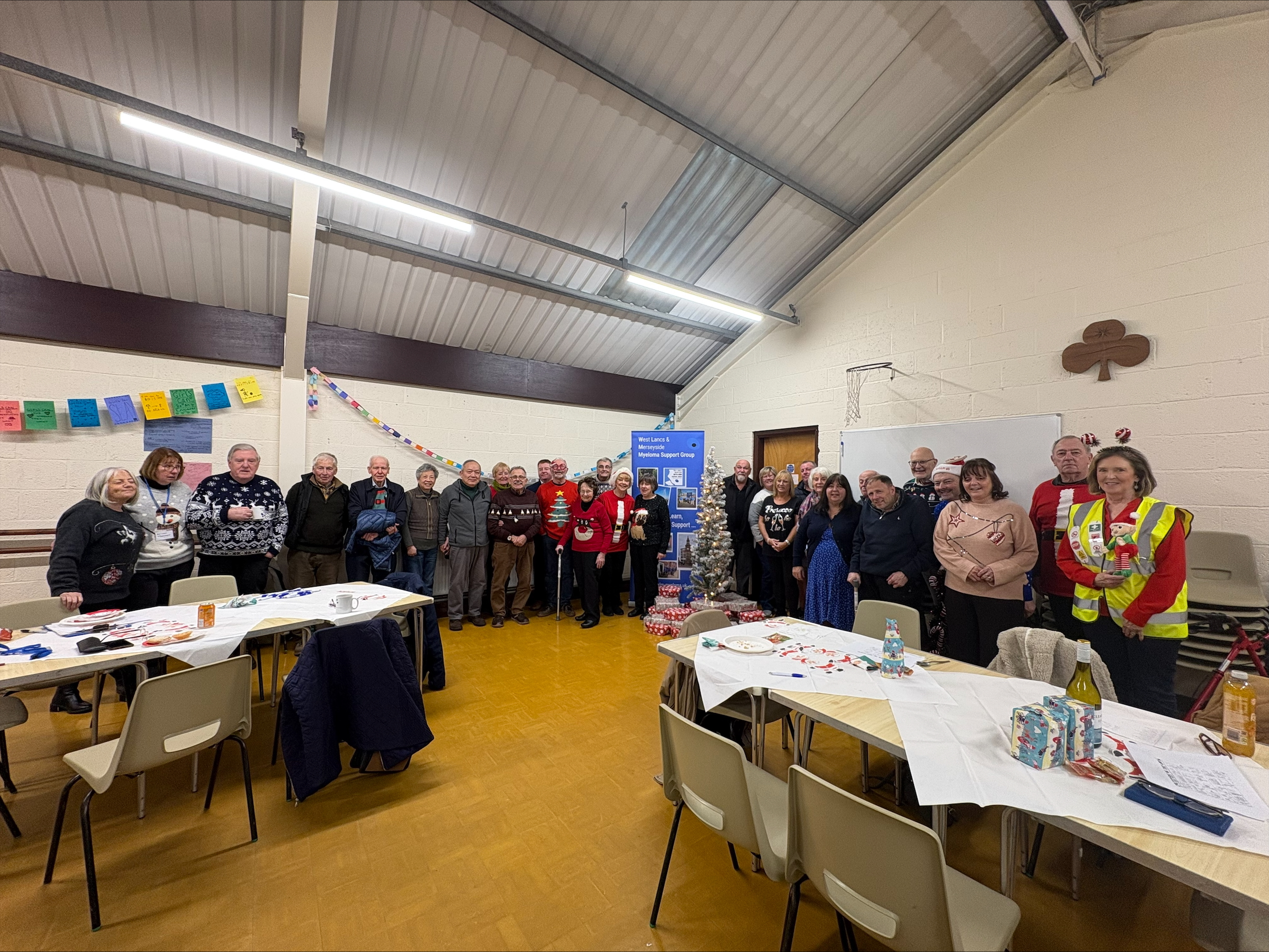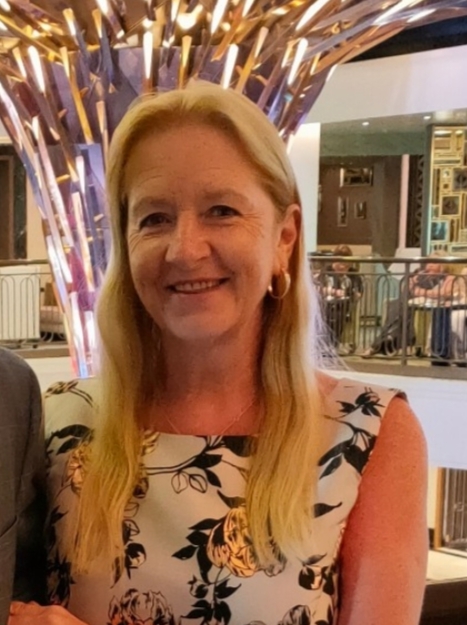Conflict Of Interest Policy
Policy adopted on 01.12.2020, next due for review on 01.12.2022.
Introduction
Leukaemia & Myeloma Research UK (LMRUK) is committed to ensuring its decisions and decision-making processes are, and are seen to be, free from personal bias and do not unfairly favour any individual connected with the charity.
Conflicts of interest are common in charities and having a conflict of interest is not, in itself, wrong provided the organisation and its trustees and committee members act in such a way as to prevent conflicts of interest interfering with their ability to make decisions only in the best interests of the organisation.
This policy applies to the trustees of LMRUK and to all committees and other funding panels of LMRUK, their chairs and other members. Its purpose is to minimise the potential for conflicts of interest arising and to protect LMRUK and those who work for it from any perception, real or otherwise, that the external interests and affiliations of its trustees and committee members might interfere with their ability to work towards the furtherance of LMRUK’s objectives.
Statement of Intent
LMRUK is committed to ensuring:
- that everyone covered by this policy understands what constitutes a conflict of interest, is able to recognise and will declare any conflicts of interest that might arise for them;
- that any conflicts of interest declared in accordance with this policy are documented together with what action(s) have been or will be taken to ensure that the conflict does not affect the ability of its committees and Trust Board to make decisions solely in the best interests of LMRUK.
LMRUK recognises that the majority of conflicts or potential conflicts will relate to a particular issue and as such will not present any long term restrictions on an individual’s ability to work for LMRUK or to sit on its committees. If a major conflict of interest arises which potentially compromises an individual’s ability to continue in their position within LMRUK the matter will be discussed by the relevant committee and, if appropriate referred to the Trust Board, whose decision should be taken as final.
Declaration of Interests
Anyone to whom this policy applies (as detailed above) must declare any disclosable external interest on their appointment to LMRUK, and annually thereafter. A register of interests will be kept up to date by LMRUK.
Interests which should be disclosed by such individuals include:
- circumstances where the individual may potentially benefit, financially or otherwise, from a decision of LMRUK or where the individual’s duty to LMRUK may potentially conflict with their duty or loyalty to another individual or organisation.
- equity interests (if worth £10,000 or more, or more than 1% of the total issued capital) in enterprises with involvement in pharmaceuticals, healthcare, biotech or related areas, or in any other enterprise that may have a real or perceived interest in the work of LMRUK. Third party investments (e.g. ISAs) should be held exempt from this.
- consultancies and other external appointments (paid and unpaid), together with details of any remuneration or other benefits arising from these.
Panel members (including trustees who serve on panels) should also adhere to the spirit of this document and declare any other interests which they feel may be a source of conflict, or which might be perceived to conflict, with the interests of LMRUK. This includes interests held by the panel members’ spouse or children.
Individuals to whom this policy applies are expected to declare any potential conflicts of interest as soon as the existence of a conflict becomes apparent. In cases where an individual is uncertain as to whether a conflict of interest exists or not, they should report this to the chair of the relevant committee or panel or the chair of the Trust Board.
Any concerns about a possible conflict of interest involving someone else to whom this policy applies should be raised with the chair or the relevant panel or committee or the Trust Board directly.
Code Of Conduct
Those to whom this policy applies agree, as a condition of their involvement with LMRUK, that
- details of applications, meeting papers and related correspondence and the names of external referees are strictly confidential and should not be discussed with persons outside the review process;
- discussions of a proposal between members of a funding committee which occur outside a committee meeting should be declared to the chair of the committee; and
- if a committee member (including serving trustees) is approached by an applicant for technical advice on an application, he or she may provide advice, but must report this to the committee chair and may subsequently be asked to absent themselves from a discussion of the application concerned.
Funding Committees
Where a member of the Research Review Committee (RRC) or other funding committee or panel of LMRUK or a Peer Reviewer or other individual asked to provide input on a grant or funding application (including any trustees who also sit on committees or panels or are peer reviewers or otherwise asked for input) is an applicant or co-applicant on a grant or funding application (Conflicted Individual) he or she must declare their interest and withdraw from any consideration of the application. Following a declaration of interest, the Conflicted Individual will not receive documents pertaining to the application, learn the identity of its referees or receive its referees’ reports. He or she must retire from any meeting when the application is assessed. Details of discussion of that application will be deleted from any papers the Conflicted Individual receives.
Where a member of the Research Review Committee or other funding committee or panel of LMRUK or a Peer Reviewer or other individual asked to provide input on a grant or funding application (including any trustees who also sit on committees or panels or are peer reviewers or otherwise asked for input) could be seen as a direct competitor of the applicant (e.g. they are funded or applying for funding on a similar project to the proposal under discussion) or have collaborated or published with the proposal applicant within the past three years, or work in the same institution he or she must declare their interest and may be asked to withdraw from any consideration of that application, or may be allowed to remain involved, but not vote on the application.
If the Chair of the RRC makes a declaration of interest, they will step down as Chair for the review of the relevant grant application(s). Another member of the committee will stand as Chair for that part of the meeting. This will be by agreement of all committee members. If no agreement can be reached then the Charity’s Trustee or representative will appoint the temporary chair.
Trustees
Trustees have a legal duty to act in the best interests of the organisation for which they are Trustee when making decisions as a trustee. If there’s a decision to be made where a Trustee has a personal or other interest in the subject matter of the decision, this is a conflict of interest which may prevent the Trustee complying with his or her legal duty unless certain steps are followed.
In order to assist with the recognition and declaration of conflicts of interest, at every meeting of Trustees, the chair of the meeting will list the proposed business for the meeting and ask if any Trustee believes they may have an actual or potential conflict of interest.
When a Trustee identifies that they have a potential conflict of interest they must:
- declare it as soon as they become aware of it;
- ensure details of the conflict are entered in LMRUK’s Conflict of Interest Register (ongoing conflicts), and/or minuted in the appropriate board papers (one-off conflicts);
- unless the conflict can be avoided by finding an alternative way forward, the Trustee with the conflict should:-
- not take part in any discussions of the Trustees relating to the matter;
- not take part in any decision making related to the matter; and
- not be counted in the quorum for decision making related to the matter.
In the interests of frank and open discussion, a Trustee affected by a conflict of interest must leave the room while related discussion / decision making is taking place, unless there is good reason for them to stay.
The minutes should state:
- the declared conflict
- that the trustee left the room, or the reason they were asked to stay.
- that the trustee took no part in discussion or decision making on the matter
- that the meeting was quorate (not counting the affected trustee)
- any other actions taken to manage the conflict
If a Trustee is unsure what to declare or has any other concerns, he or she should discuss the matter with Chair of Trustees or contact the Charity Commission for confidential guidance.
The Trustees will need to ask the Charity Commission to authorise a decision in advance if:-
- it is going to involve any benefit to a Trustee that has not already been properly authorised by the Charity Commission;
- the conflict is serious but there is no alternative way forward that will remove it; or
- most or all of the Trustees share the conflict of interest.









